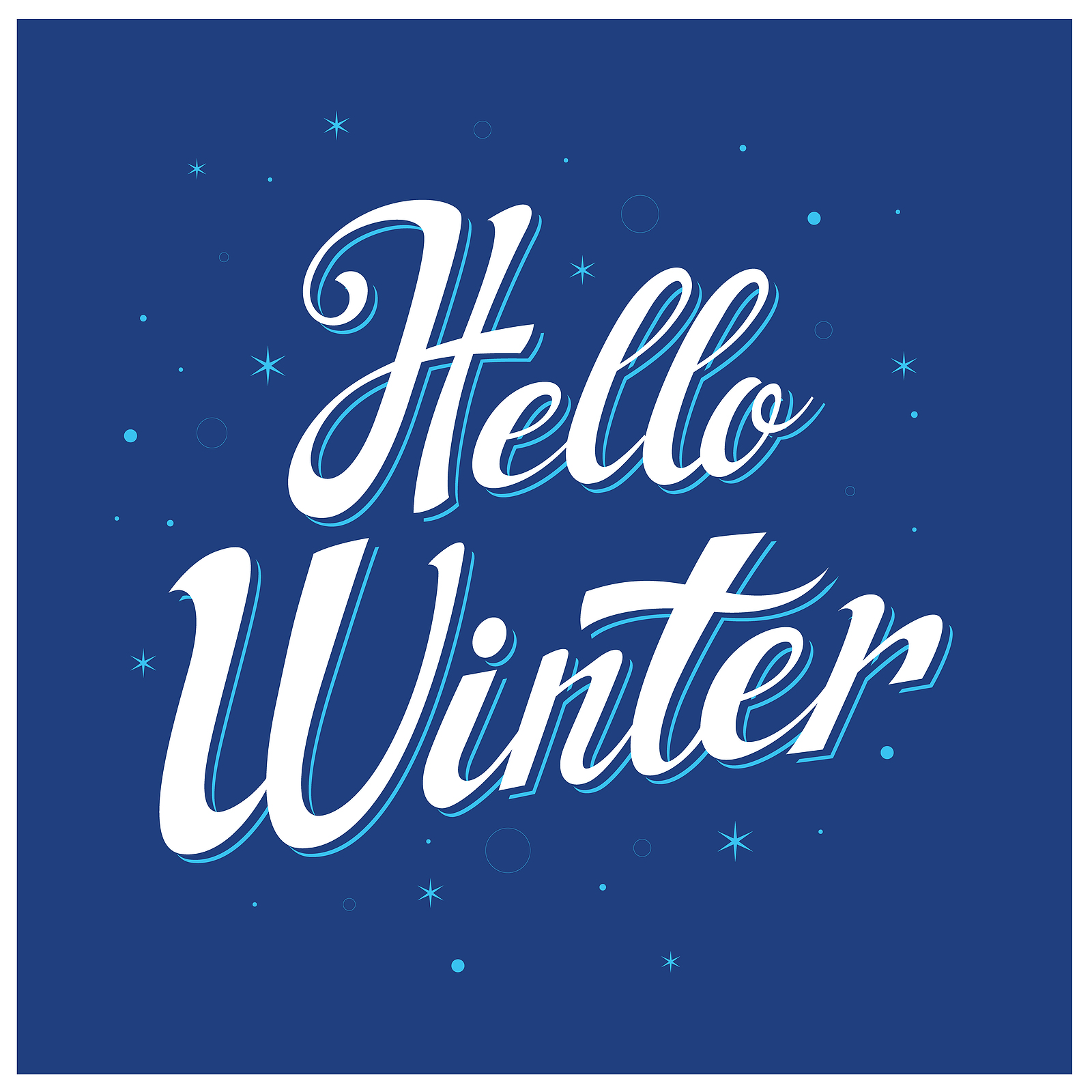WINTERIZATION OF TOWNHOMES
To assist you with preparing for cold weather and to prevent frozen pipes, we have prepared the following preventative maintenance checklist. Firstly, we suggest all important lines and valves are tagged, and having your furnace serviced annually.
1. Know where the main water shut-off valve is located for your unit. In the event of a burst pipe, you should close the water valve, and know where and how to shut off water to appliances such as the washing machine and fridge if applicable), sinks and toilets.
2. Drain the hose pipes to prevent them from bursting in the freezing climate, which could result in damage to your and neighboring units. Turn off the water to the hose from the valve inside the house, which is typically located in the basement, then turn it on outside to let all the water drain out. After you have shut off the main water supply, open the out-side tap to drain excess water in the line and then close it.
3. Check the outside electrical plugs to determine if it has power.
4. Check to ensure your furnace is working well before the cold weather hits. Turn it on and make sure it fires up and check thermostats for proper operation. Turn up the temperature and wait to see if the furnace responds to the call for heat. You may notice a funny smell at first, but if it lasts a long time, call a professional to get it inspected. Check your filters monthly and change them when they get too dirty to ensure proper air flow throughout your home - change the furnace filter every three months at a minimum which protects the hardware, and allows better efficiency of operation.
5. Remove all furniture and other items obstructing heating vents on floors. Check to ensure drapes are not preventing heat from circulating. Close drapes and blinds in the cold weather to prevent heat loss and consider installing insulated window treatments.
6. In cold weather, never set the thermostat below 18C (65F). Close windows and patio doors before leaving the property. Also, be careful leaving windows and doors open in extremely cold weather.
7. If you encounter a frozen water line, check the line for the coldest spot which you may be able to direct some heat on the spot using a hair dryer. Never use excessively hot air to free the blockage and we recommend calling a specialist, a plumber to remedy the situation.
8. Install CO detectors if you do not have them, and check batteries in smoke detectors regularly. Hardwired systems with battery back-ups in the detectors should be refreshed every 6 months as a preventative maintenance step. Check on a monthly frequency that all detectors to ensure they are in good working order, and they are current - detectors have expiry dates!
9. Practice regular maintenance and cleaning of the furnace and chimney before a wood burning fireplace is used. Ensure a close by window is open while the fireplace is in use.
10. If you are away from your property for more than 48 hours, please let your neighbors know and ensure your property is routinely inspected to comply with your insurance policy requirements. Typically, policies require inspections by an adult person every 48 hours.
Please note that damages sustained due to owner or resident neglect is the unit owner's responsibility. It is highly recommended to have adequate condominium unit insurance to cover the condominium corporation's insurance policy deductible due to a claim, and to cover alternate accommodations in the event your home is uninhabitable.




